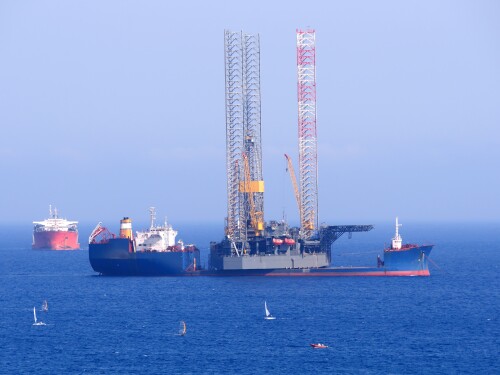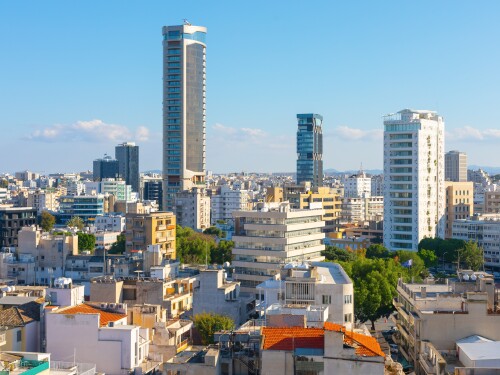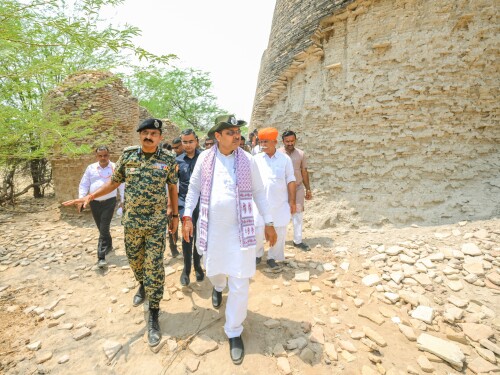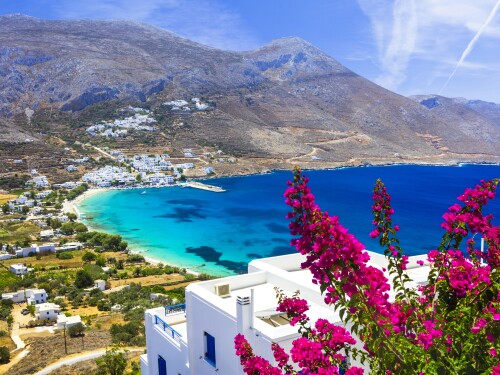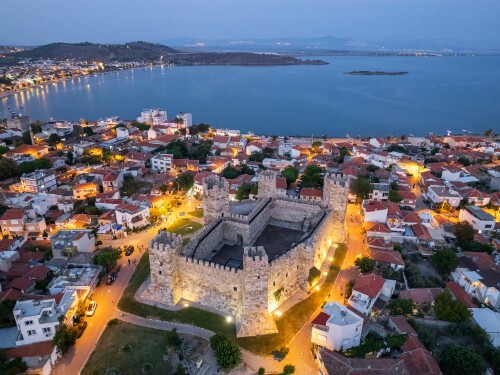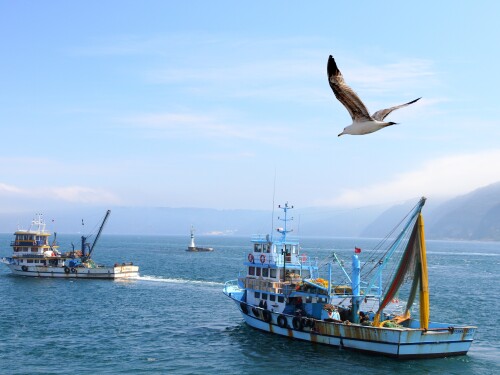Eastern Mediterranean
Bipartisan Members of Congress Join Israeli Knesset Members for Virtual Strategy Session on the 3+1 Framework
Cyprus Is a Predictable Partner That Can Anchor Cooperation Across the Eastern Mediterranean
Both Countries Undertook Initiatives in Security, Energy Resilience, and External Relations—Ties That Will Be Tested in the Coming Year
The Partnership Now Represents a Long-Term Framework with Institutional Depth and Regional Reach
It Is the Cementing of a Neo-Ottoman Outpost Designed to Project Power, Empower Islamist Proxies, and Hold European Energy Security Hostage
For Jerusalem to Sign a $35 Billion Economic Bailout While Its Security Demands Regarding the Border Remain Unmet Is a Failure of Statecraft
Years of Middle East Forum Warnings Validated as Israel’s Parliament Takes Action
Turkey Hosts Hamas Leaders, Allows Rallies That Attack Israel, and Cuts Trade with Israel While Restricting Air Links
Ankara Is Using Energy Deals to Expand Its Influence in Contested Waters and to Entrench Patronage Inside a Fragile, Divided Libya
NATO’s Critical Undersea Infrastructure Coordination Cell in Brussels Is Positive, but It Has No Permanent Base in the Eastern Mediterranean
The Claim of Non-Negotiable Territory Risks Changing the Aegean and Eastern Mediterranean Into Permanent Conflict Zones
The United Nations Convention on the Law of the Sea Defines Areas in Which Coastal States Can Claim Sovereign Rights over Natural Resources
Cooperation Expands Ties and Improves Capacity for Cyprus, and Gives the U.S. a Reliable Partner with Ports and Airfields near Regional Crises
India Should Focus on Its Military, Intelligence and Diplomatic Infrastructure in the Region to Counter Turkey and Its Allies
With a New Maritime Plan Submitted to the European Commission, Athens Has Set Down Legal Markers That Ankara Already Disputes
Ankara’s Behavior Complicates Cooperation and Challenges the Rules-Based Order That Washington Has Long Supported
The Emirates Are Greece’s Top Non-European Investor, and Strategic Infrastructure and Defense Coordination Also Link the Two
The Middle East Forum participated in a high-level panel on “Eastern Mediterranean Contributions to Middle East Security” at the Delphi Economic Forum in Greece.
Aquaculture Is a Huge Industry in the Aegean and Eastern Mediterranean, and Turkey Seeks to Seize Unfair Advantage












